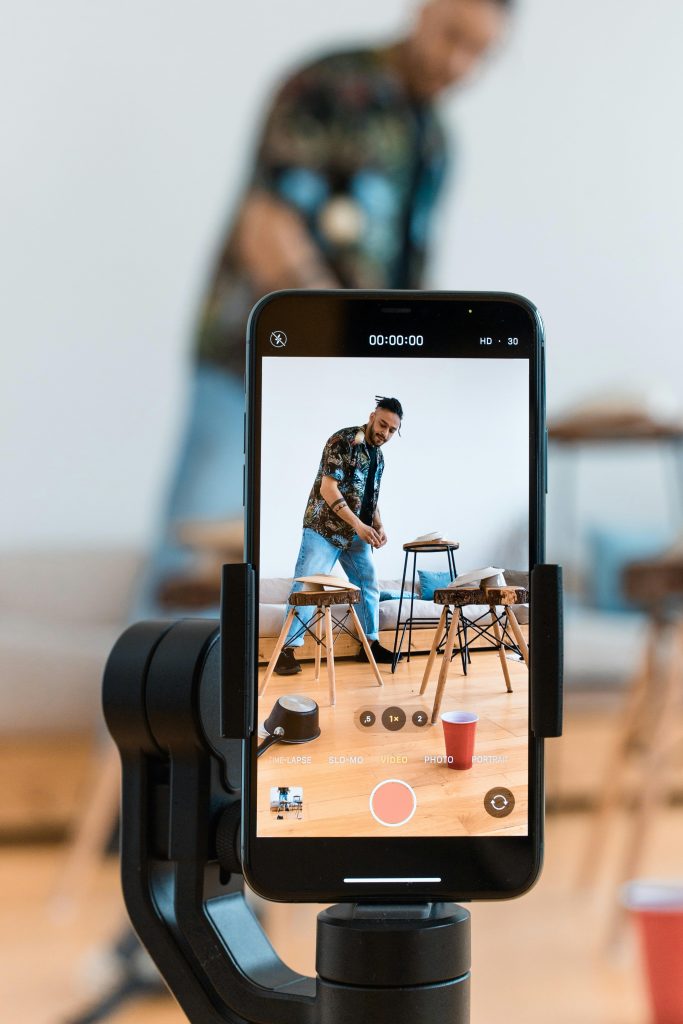…And what’s people saying about it?
In the world of social media, every trend, news or event triggers a tsunami of conversations, opinions and emotions across all platforms; while some may make timely noise, others can generate big changes in audiences. Recently, the music industry witnessed an uproar when TikTok users discovered that a large number of songs, including those of powerful artists such as Taylor Swift, were removed due to contractual disputes with Universal Music Group (UMG).
From SAMY Alliance, using the technology of our sister agency Capture Intelligence, we decided to conduct an analysis of social media conversations through AI-powered tools to understand the impact this action could have on audiences so assiduous to TikTok, which currently leads the popularity race among young Millennials and the controversial Gen-Z.
- Between January 28, 2024 and February 4, 2024, we identified approximately 21,080 social media posts that addressed the status of TikTok and Universal’s music. This analysis excluded any media presence and only analyzed organic user conversations.
Digging deeper, our sentiment analysis revealed a spectrum of emotions revolving around this controversy. Nearly 50% of the total mentions were negative, indicating widespread discontent and frustration among users regarding the removal of beloved songs on TikTok. Considering that users spend an average of 52 minutes per day on the app, this may signify a behavioral shift that will affect brands and content creators as well; we cannot assume that TikTok’s reign is untouchable, as younger audiences continue to demonstrate that they want to be in control regarding what they consume digitally.



Taylor Swift, the queen of Gen-Z, among other Universal’s artists outside of TikTok.
Taylor Swift’s immense popularity and influence made her a focal point in the whole discussion, as a large part of the TOP songs on the platform are hers; in fact, within the more than 21mil mentions of the dispute with Universal, almost 20% had to do with the artist, so the vast majority of users sided with the label and against the app.
Not only her, but others affected such as Bad Bunny, The Weeknd, Drake, Billie Eilish, Rosalia, Karol G, Drake, Olivia Rodrigo and other artists and content creators have been completely disappointed by this regulation, angry for not being able to use hit songs for their videos or being able to promote their content.
The response from users, in addition to complaining, has been to get creative. Some of these artists have created covers, such as singer Euan Blackman who posted a cover of the 2020 song “betty” with the text “So all Taylor Swift’s music is being removed from TikTok, but it’s okay because you can use this sound instead.” – Which is leading him to receive more attention on his TikTok account.
Another singer, Talia Sporkin, posted her version of the 2023 track “Sl*t!” with the tagline “UMG removed your sound? Use this one instead,” and invited requests for Swift songs to cover via the comments section; these videos are currently accumulating over 70K “likes.”
What’s up next for other platforms?
Now, will this be the new opportunity for Instagram Reels? To no one it was a surprise when Reels arrived to compete against TikTok, however it seemed like they were always a couple of steps behind; users took advantage of the situation to talk about it and point out that this could be the perfect opportunity for Instagram to gain more positioning thanks to continue offering Universal music.
TikTok’s music output heralds a transformative change in user behavior and platform dynamics. TikTok is likely to experience a decline in activity due to the absence of artists’ songs, creating a lot of discomfort among the audience; but it would not seem that they would be willing to let go of the app, only to change their behavior. Alternative platforms like Instagram, with its Reels feature that replicates the TikTok format and the rights to host those songs, must be prepared to engage disgruntled users; and brands must have this same adaptability (both in terms of platform presence and in recognizing what may affect their communities). Amidst all the buzz brands must remain agile, responsive and innovative to navigate the changing digital landscape and foster growth in their relationship with audiences in a sustainable and stable way.




